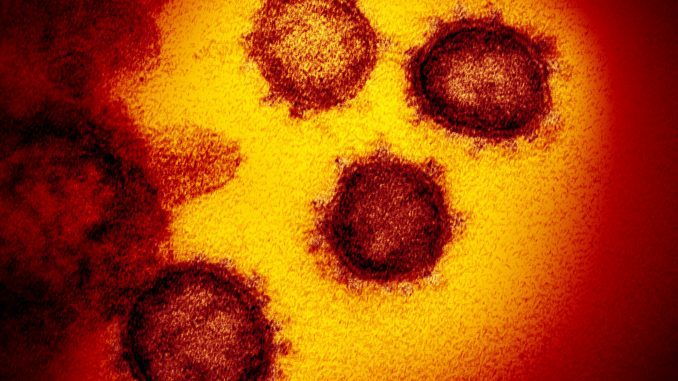
CHARLOTTE — A county in North Carolina incorrectly told nearly 7,000 residents they had tested positive for the coronavirus due what officials say was a technical glitch.
The messages were sent by text messages to more than 6,700 residents in Mecklenburg County on Friday, The Charlotte Observer reported. More than 500 people also received a county email with the notice.
The county told residents that morning the messages were a “scam,” and that their health department does not notify people of their COVID-19 test results through text message.
A few hours later, the county said on Twitter the messages had actually gone out due to a glitch “in the software system that has been addressed by the software provider.”
County Manager Dena Diorio told county commissioners in an email Monday that the messages were sent through HealthSpace Data System, a company based in Canada, the newspaper reported. The county has been using the company’s software since May to help with contact tracing efforts amid the pandemic.
No personal information was shared or compromised, the county said Friday on Twitter. HealthSpace CEO Silas Garrison also apologized for “any alarm this caused citizens who were not supposed to be sent an alert or survey.”
Diorio said the messages were sent to people who were in HealthSpace’s system. It is not clear if those who received the messages had tested positive for the virus or were in close contact with someone that had.
A corrected text or email was sent to those who received the incorrect messages, Diorio said in the email to commissioners.



